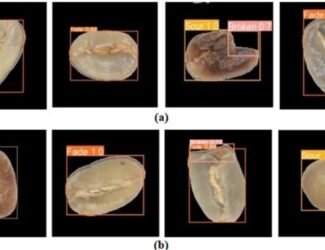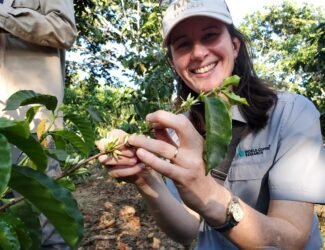
What is the EU Deforestation Regulation (EUDR)?
The EU Deforestation Regulation (EUDR) is a legislative measure aimed at combating deforestation and land degradation globally by regulating imports into the European Union. This regulation is set to come into force on December 30, 2024, and requires companies importing products into the EU that are considered “main drivers for deforestation” to provide a due diligence statement. This statement must confirm that the imports have not contributed to forest degradation anywhere in the world after December 31, 2020.
Why was EUDR Introduced?
The EUDR initiative is part of the European Union’s efforts to enhance environmental policies and preserve biodiversity. Deforestation is one of the largest threats to the global environment, leading to habitat loss, species extinction, and climate change. EUDR aims to reduce the environmental impact of the EU by ensuring that imported products do not contribute to deforestation.
Targeted Products
The products targeted under EUDR include coffee, cocoa, palm oil, paper, and wood, as these products are major contributors to deforestation. The regulation requires importers to provide evidence that their supply chains are free from deforestation after the specified date.
How Does EUDR Work?
Companies importing the targeted products must submit a due diligence statement to the relevant EU authorities. This statement includes detailed information about the supply chain, including satellite data and environmental reports. The goal is to ensure that imported products have not contributed to deforestation or land degradation.
Challenges Facing EUDR
Despite the noble goals of EUDR, there are several challenges it faces, including:
- High Compliance Costs: Companies need significant investment in satellite technology and data systems to verify their supply chains.
- Technical Challenges: There are stringent technical requirements that may be difficult to implement, especially for small businesses and developing countries.
- Impact on Trade: The regulation could lead to increased costs and reduced competitiveness for exporters outside the EU.
Objections and Calls for Delay
Several stakeholders, including senior US trade officials and industry associations such as the American Forest and Paper Association (AF&PA), have called for a delay in the implementation of EUDR. These opponents argue that the regulation in its current form imposes “unachievable requirements” and “significant technical barriers” that could affect trade between the US and the EU. The European Coffee Federation (ECF) and International Coffee Partners (ICP) have also expressed concerns that EUDR will restrict small coffee-producing nations in Africa and Asia from accessing the EU market, potentially causing significant disruptions in coffee supply chains.
Positive Responses and Support for EUDR
On the other hand, proponents of EUDR argue that the regulation is long overdue and represents a crucial step towards decoupling key commodities from forest degradation. They believe that supporting biodiversity and ensuring the long-term sustainability of agricultural production globally is essential for protecting the environment and promoting sustainable agriculture worldwide.
The Future of EUDR
As the debate over EUDR continues, all stakeholders are closely monitoring how the European Commission will respond to these calls and objections. If the regulation is implemented as scheduled, it could have a significant impact on trade practices and compliance requirements across various sectors, potentially reshaping how many industries operate and enhancing global environmental protection.



